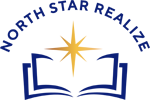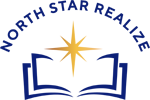NSR Academy 9-12
Supporting High School Learners with Innovative E-Learning Solutions
November 10, 2023
Explore Our Courses
Dive into our featured courses designed to spark curiosity and foster a love for learning.

Holy Quran
في المرحلة الثانوية، تركز أهداف تعليم القرآن الكريم على تعميق فهم الطلاب للنصوص القرآنية وتحفيظها بدقة، بما في ذلك السور الطويلة. وتعزيز مهارات التجويد وتطبيقها بشكل متقدم، والتشجيع على دراسة الموضوعات القرآنية المتقدمة
مثل علوم القرآن والتفسير. كما يهدف إلى تعزيز القيم والسلوكيات بمشاركة الطلاب في الأنشطة الدينية والثقافية، مما يساهم في بناء شخصية دينية وثقافية قائمة على القيم الإسلامية الصحيحة للطلاب في هذه المرحلة.
40USD / 99SR for 1 Month

Arabic Language
تتطور مهارات الطلاب اللغوية والأدبية بشكل عميق ومتقدم، ويتم تحضيرهم للنجاح في البيئات الأكاديمية والمهنية. يشمل برنامج التعليم في هذه المرحلة عدة جوانب أساسية
1. تطوير مهارات القراءة والتفكير النقدي: يتعلم الطلاب كيفية تحليل النصوص الأدبية والنقدية بعمق، واستخلاص الأفكار الرئيسية والفرعية من النصوص. يتم تعزيز القدرة على القراءة النقدية والتفاعل الفعال مع النصوص المعقدة.
2. تعزيز مهارات الكتابة: يتدرب الطلاب على كتابة نصوص إبداعية متقدمة مثل القصص القصيرة والشعر، بالإضافة إلى تطوير مهارات الكتابة الأكاديمية مثل كتابة التقارير والمقالات الأدبية بمستوى عالٍ من الدقة والتحليل.
3. تطوير مهارات النطق والاستماع: يشمل التدريب على المشاركة في مناقشات متقدمة وعروض شفوية، وتنمية
مهارات الاستماع النقدي والتفاعل الفعال مع الأفكار المطروحة.
4. دراسة الأدب العربي والعالمي: يهدف البرنامج إلى تعميق فهم الطلاب للأدب العربي والعالمي، ودراسة الأعمال
الأدبية الكلاسيكية والمعاصرة لتوسيع آفاقهم الثقافية والأدبية.
5. استخدام التكنولوجيا في تعليم اللغة العربية: يتضمن استخدام الأدوات والتطبيقات التكنولوجية لتعزيز عملية التعلم وتطوير مهارات اللغة العربية بشكل شامل.
6. تنمية مهارات البحث العلمي والتقديم: يشمل إجراء مشاريع بحثية متقدمة وتقديم نتائج البحث بطريقة منظمة وفعّالة،
مما يعزز من قدرات الطلاب على التفاعل الأكاديمي والمهني بثقة.
160USD / 600SR for 1 Month

English Language
In grades 9 to 12, the English Language Arts (ELA) curriculum focuses on developing advanced literacy skills essential for academic success and
beyond. Students refine their ability to critically analyze a wide range of complex texts, including fiction, nonfiction, poetry, and drama, evaluating themes, character development, and literary techniques. Writing skills advance through crafting persuasive arguments, expository essays that delve into complex ideas, and analytical essays that examine literary elements and rhetorical devices. Research proficiency is honed as students conduct thorough investigations, synthesize information from multiple sources, and cite evidence appropriately. Speaking and listening skills are cultivated through formal presentations and collaborative discussions, where students articulate ideas clearly, evaluate diverse viewpoints, and demonstrate effective communication strategies. Language standards emphasize mastery of grammar, usage, and vocabulary to enhance clarity and precision in both written and spoken expression, preparing students comprehensively for higher education and future careers.
240USD / 900SR for 1 Month

Math
In grades 9-12, the math curriculum progressively advances students’ mathematical proficiency across various domains. Grade 9 focuses on
foundational algebra skills including linear equations and inequalities, quadratic functions, and basic concepts in statistics and probability.
Grade 10 introduces geometric transformations, trigonometry, and a deeper exploration of functions and their applications. Grade 11 builds upon these with advanced algebra topics such as polynomial and rational expressions, along with more complex functions and modeling techniques. Grade 12 culminates in calculus, where students delve into limits, differentiation, and
integration, alongside advanced statistics, probability, and mathematical modeling. Throughout these grades, the curriculum emphasizes analytical thinking, problem-solving strategies, and the application of mathematical principles in real-world contexts, preparing students for higher education and careers requiring strong mathematical aptitude.
240USD / 900SR for 1 Month

Biology
The biology curriculum for grades 9-12 focuses on advanced topics across various disciplines, including cell biology, genetics, evolutionary biology, ecology,
human anatomy and physiology, biotechnology, and environmental science. Students explore intricate concepts such as cell structure and function, molecular genetics, mechanisms of evolution, ecosystem dynamics, and the integration of organ systems in humans. Emphasis is placed on developing critical thinking, experimental design skills, and ethical awareness in biological research and biotechnological applications. These objectives aim to prepare students for higher education and careers in scientific fields, fostering a deep understanding of biological principles and their applications in real-world contexts.
240USD / 900SR for 1 Month

Chemistry
The chemistry curriculum for grades 9-12 covers fundamental concepts including atomic structure, chemical bonding, reactions, states of matter,
thermochemistry, kinetics, equilibrium, acids and bases, electrochemistry, organic and nuclear chemistry, environmental chemistry, and scientific inquiry skills. Students explore these topics to develop a deep understanding of chemical principles, their applications in various industries and everyday life, and their role in environmental sustainability. The curriculum emphasizes hands-on experimentation, critical thinking, problem-solving, and effective communication of scientific findings. These objectives aim to prepare students for higher education and careers in fields such as chemistry, medicine, engineering, environmental science, and materials science.
240USD / 900SR for 1 Month

Physics
Physics education for grades 9-12 covers advanced topics across mechanics, waves and optics, electricity and magnetism, thermodynamics, modern
phyysics (including quantum mechanics and nuclear physics), and applications in technology and engineering. Students learn to apply mathematical modeling and analysis in understanding physical phenomena, conduct experiments using scientific inquiry methods, and develop critical thinking and communication skills. The curriculum aims to prepare students for further education and careers in fields such as engineering, technology development, research, and applied sciences by providing a deep understanding of fundamental physics principles and their practical applications.
240USD / 900SR for 1 Month

Computer Sciences
In grades 9-12, the computer science curriculum focuses on advanced programming languages and data structures, including mastering
algorithms and object-oriented programming principles.
Students delve into software development methodologies, data analysis techniques, and web application development. They also explore cybersecurity, network concepts, and ethical considerations in technology. Higher grades introduce artificial intelligence, machine learning, and mobile app development, culminating in specialized topics like computer graphics or blockchain technology. The curriculum emphasizes hands-on projects, and collaboration, and prepares students for advanced study or careers in diverse fields of computer science and technology.
240USD / 900SR for 1 Month
Course Enrollment Form
Enter all the required information correctly in the form field and submit, you will get the details in your email.
International Exams
International exams play a significant role in global education, serving as standardized measures for academic achievement, proficiency, and readiness for higher education or professional certification. We hold training sessions that enable learners to pass the exams.
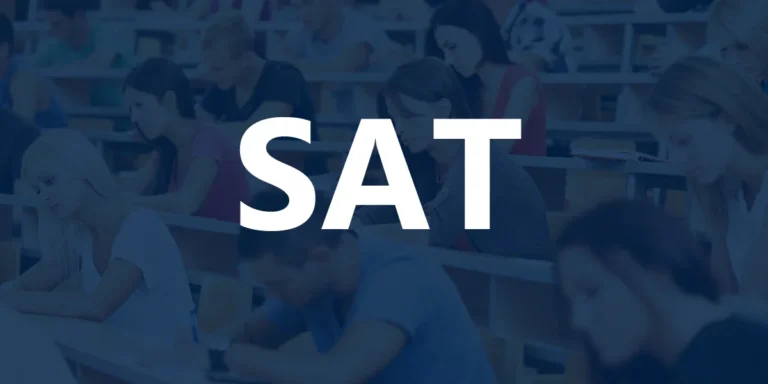
SAT
SAT assesses reading, writing, and math skills to predict a student’s success in college.
350 USD /Subject
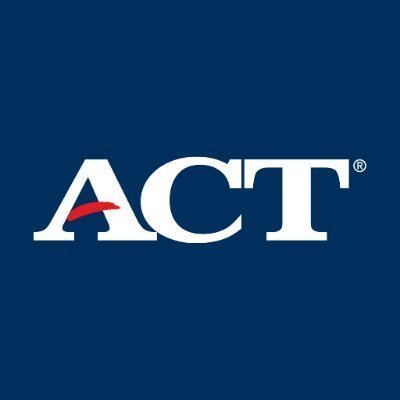
ACT
ACT measures college readiness through tests in English, math, reading, speaking and science.
350 USD /Subject
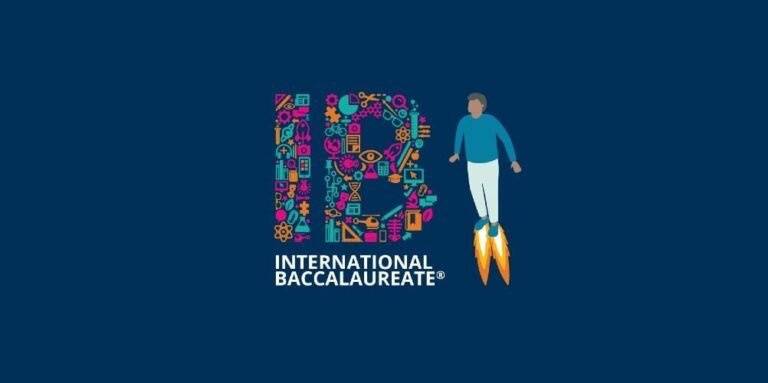
IB
IB emphasizes a broad range of subjects, critical thinking, and international mindedness.
350 USD /Subject
Our Teachers
Our seasoned educators have years of experience shaping young minds. Their passion for knowledge is contagious, and they're dedicated to helping each student reach their full potential. Expect innovative lessons and a supportive classroom environment that fosters a love of learning.
Why Choose Our Courses
Empowering young minds with interactive, culturally rich courses designed to make learning
fun and impactful
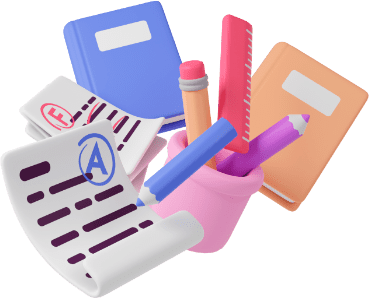
Specially Tailored for Children
Our courses are meticulously crafted for young learners, ensuring a fun and engaging educational journey that caters specifically to the developmental stages of young children.
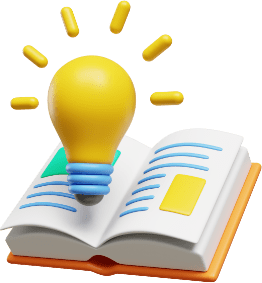
Culturally Enriching
Each lesson is rich with values that connect your child to their heritage, fostering a deep sense of belonging and appreciation for their cultural roots
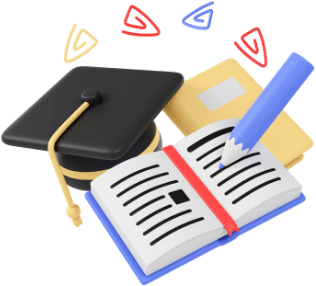
Learning Through Play
We believe in the power of play for learning. Our courses transform the challenge of mastering new skills into exciting and enjoyable activities, making education a delightful adventure for your child
Hear From Our Customers
Real stories from real people. Discover how our courses are making a difference in their educational journey.
Nawafith Al-Arabia expands children’s horizons widely; it broadens their perceptions and clarifies the basic concepts that a child needs at this age. The program prepares and helps the child to read and write.
Frequently Asked Questions
Real stories from real people. Discover how our courses are making a difference in their educational journey.
Course durations vary. Some can be completed in a few weeks, while others may take several months. Self-paced courses allow you to progress at your own speed.
Courses usually include video lessons, interactive exercises, reading materials, quizzes, worksheets, and sometimes access to online communities or forums where learners can interact with instructors and fellow learners.
Yes, we offer a certificate upon successful completion of the course, which can be useful for adding to your resume or LinkedIn profile.
Our courses are specifically designed to help you prepare for tests like TOEFL, IELTS, or Cambridge exams.
Yes, we offer one-on-one tutoring for an additional fee, providing personalized instruction tailored to your needs.
Assessments can include quizzes, assignments, and sometimes live oral exams or presentations. These are often submitted online and graded by instructors or automatically.
At NS Realize, we harness technology to make learning accessible and engaging for all, breaking boundaries with e-learning for learners and educators worldwide.
About Company
More Links
Contact Details
© Copyright 2024. All Rights Reserved – NSR Realize
